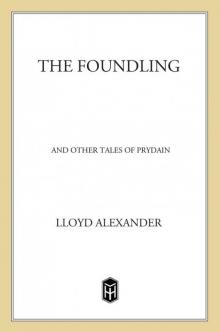 The Foundling and Other Tales of Prydain
The Foundling and Other Tales of Prydain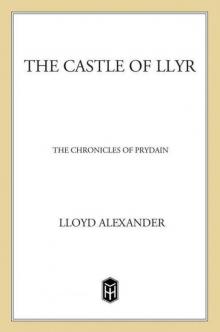 The Castle of Llyr
The Castle of Llyr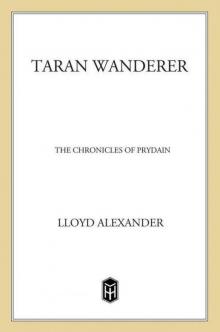 Taran Wanderer (The Chronicles of Prydain)
Taran Wanderer (The Chronicles of Prydain)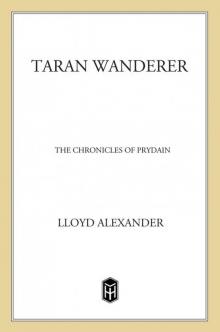 Taran Wanderer
Taran Wanderer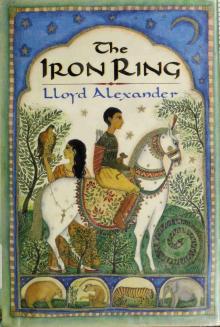 The Iron Ring
The Iron Ring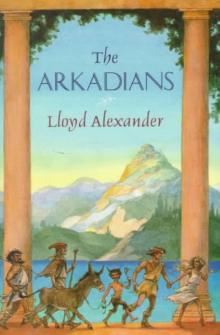 The Arkadians
The Arkadians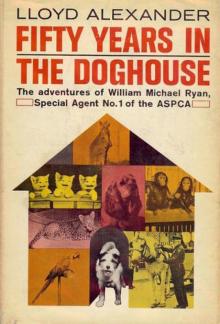 Fifty Years in the Doghouse
Fifty Years in the Doghouse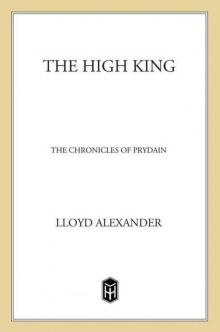 The High King
The High King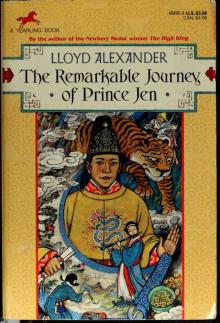 The Remarkable Journey of Prince Jen
The Remarkable Journey of Prince Jen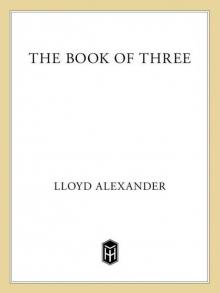 The Book of Three
The Book of Three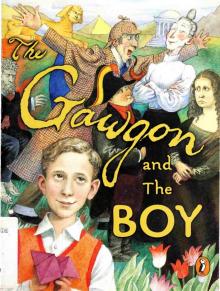 The Gawgon and the Boy
The Gawgon and the Boy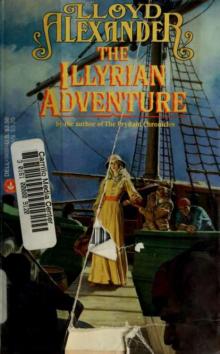 The Illyrian Adventure
The Illyrian Adventure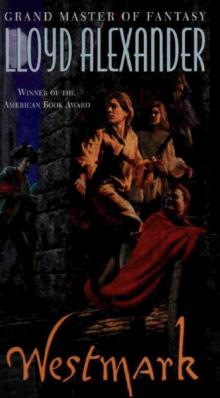 Westmark
Westmark The Black Cauldron
The Black Cauldron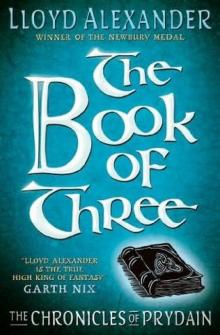 The Book of Three cop-1
The Book of Three cop-1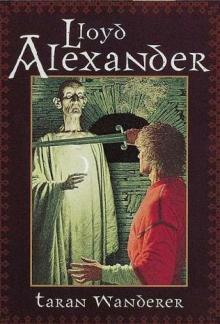 Taran Wanderer cop-4
Taran Wanderer cop-4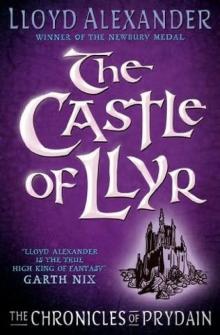 The Castle of Llyr cop-3
The Castle of Llyr cop-3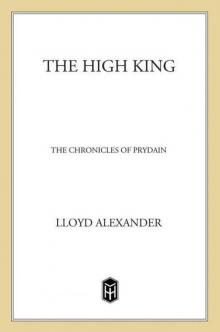 The High King (Chronicles of Prydain (Henry Holt and Company))
The High King (Chronicles of Prydain (Henry Holt and Company))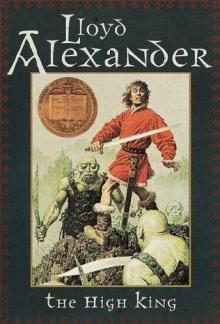 The High King cop-5
The High King cop-5 The Foundling
The Foundling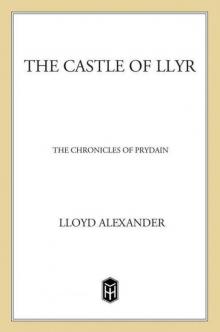 The Castle of Llyr (The Chronicles of Prydain)
The Castle of Llyr (The Chronicles of Prydain)